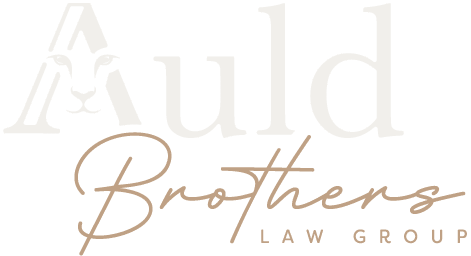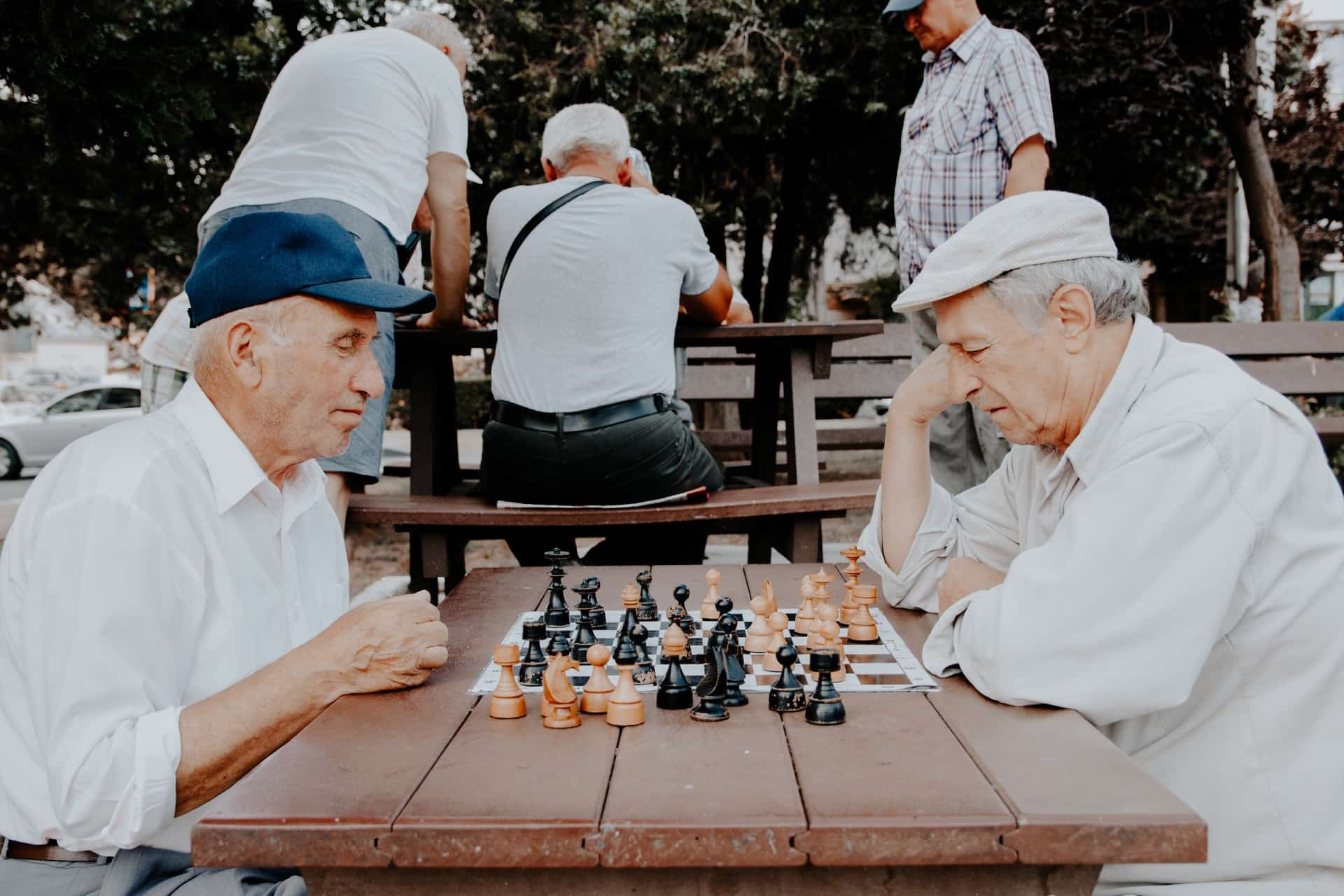You’re not alone. Many Pennsylvania residents are concerned about their (and their spouse’s) income when paying for nursing home costs. We are reputable Pittsburgh Elder Law attorneys at Auld Brothers Law Group. Our knowledge and experience of working with Pennsylvania laws allow us to help you protect your money.
If you’re wondering if a nursing home can take all your money, the answer depends on several circumstances. Continue reading below for detailed information regarding this question.
Options for Paying for Long-Term Nursing Home Care
Before answering if a nursing home can take your money, you’ll first need to know your payment options. Here are several potential options, with a brief explanation on if they will work for you.
Medicare
Unfortunately, you’re not able to use Medicare to pay for a long-term nursing homestay. Medicare will cover hospital care, doctor services, and medical supplies for short-term stays. If you have Medicare Part C coverage, there’s a chance it might pay for your costs; you’ll need to contact Medicare to find out.
Medicaid
If you have Medicaid, then yes, it will most likely cover your long-term nursing home stay. If you don’t have Medicaid but want to apply for it, your income and assets determine your eligibility. It’s important to note that there are specific rules for receiving long-term care. (Medicaid is the most commonly used option to pay for nursing home care.)
Long-Term Care Insurance
If you currently don’t need nursing home care but anticipate that you or a loved one will need it, then long-term care insurance is an ideal option to avoid having a nursing home take all your money. Unlike traditional insurances, this type of insurance will reimburse you a set amount of money to cover daily expenses. Make sure to consult with an Elder Law attorney before selecting insurance. You want to ensure that you choose a plan that will benefit your future and not cost you additional money.
Other Payment Options
If you’re interested in learning more information on how you can cover long-term care expenses without losing all your money, click here.
Does a Nursing Home Take All Your Money with Medicaid?
It depends. Are you married? Do you have a home? Have you retitled assets? In short yes, the person will lose most of their money paying for care using Medicaid, if they have not pre-planned well in advance. Once Medicaid approves the person’s application, they enter the nursing home.
Then they will only be allowed to keep a small portion of their income, called Personal Needs Allowance (PNA). This helps to cover their daily expenses. The patient can use it on the everyday items they choose (clothing, personal use products, haircuts, etc.).
Currently, for Pennsylvania residents, the 2022 PNA is $45 per month (source).
Medicaid PNA Exception
Typically, the patient only receives a monthly PNA. One exception is that the patient’s spouse might receive more money if their monthly income is below their state’s Minimum Monthly Maintenance Needs Allowance (MMMNA) and they need extra support. The MMMNA is determined by the federal government and given a set range (based on the federal poverty level). Then individual states can choose to select their amounts with the federal government’s range.
Currently, the minimum and 2022 maximum range for Pennsylvania residents is $2,177.50 – $3,435 per month (source). Note that the minimum amount doesn’t change, but the maximum amount will adjust every January.
For instance, if the spouse’s monthly income is $2,177.50 or less, then they will be able to keep some of their patient’s Medicaid income. The total amount the spouse can collect is the difference between their monthly income and the monthly maintenance allowance. If the spouse earns $1,800 and the monthly maintenance allowance is $2,200, then the spouse will collect the difference from their spouse ($400).
How Will Nursing Home Costs Impact the Patient’s Spouse?
As mentioned above, the patient’s spouse may receive some of their money, if their monthly income falls below the monthly maintenance allowance. Additionally, the federal government has a law that protects the patient’s spouse from losing all their money and assets to nursing home costs. This law is called Spousal Impoverishment Protection.
Take the First Step Towards Securing Your Money
Although it may seem overwhelming covering nursing home costs, you can seek help. At Auld Brothers Law Group, we’ve helped many local individuals and families create plans to protect their money and assets from these costs. Our team will take the time to educate you on your circumstance and available options.
Contact us today and request your free 30-minute consultation so we can help answer your questions.

